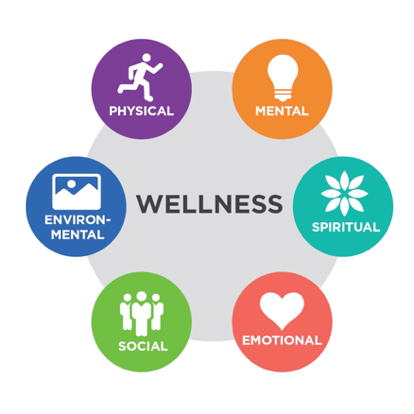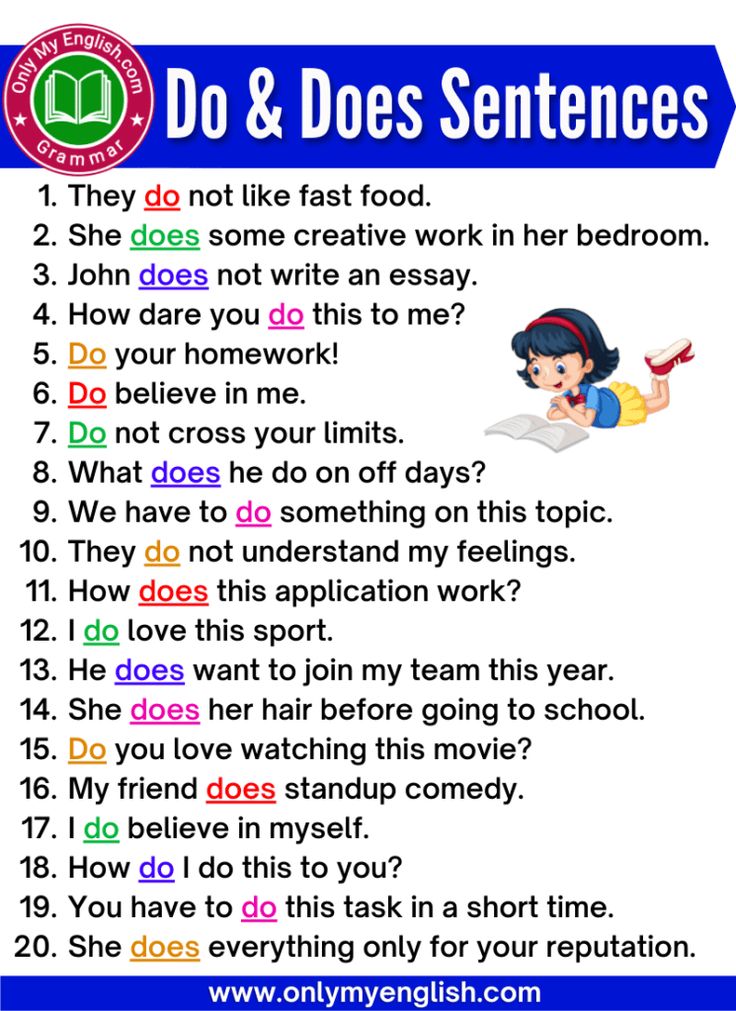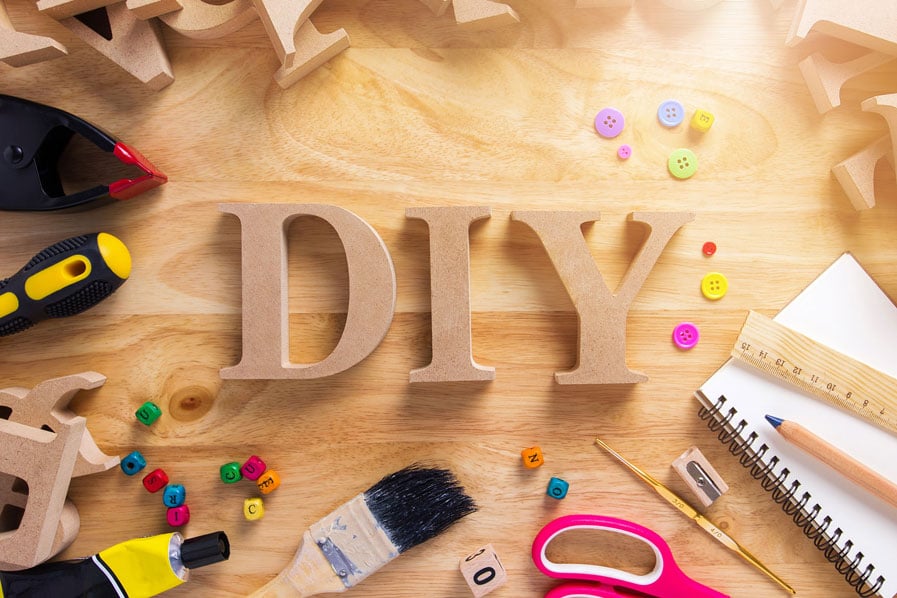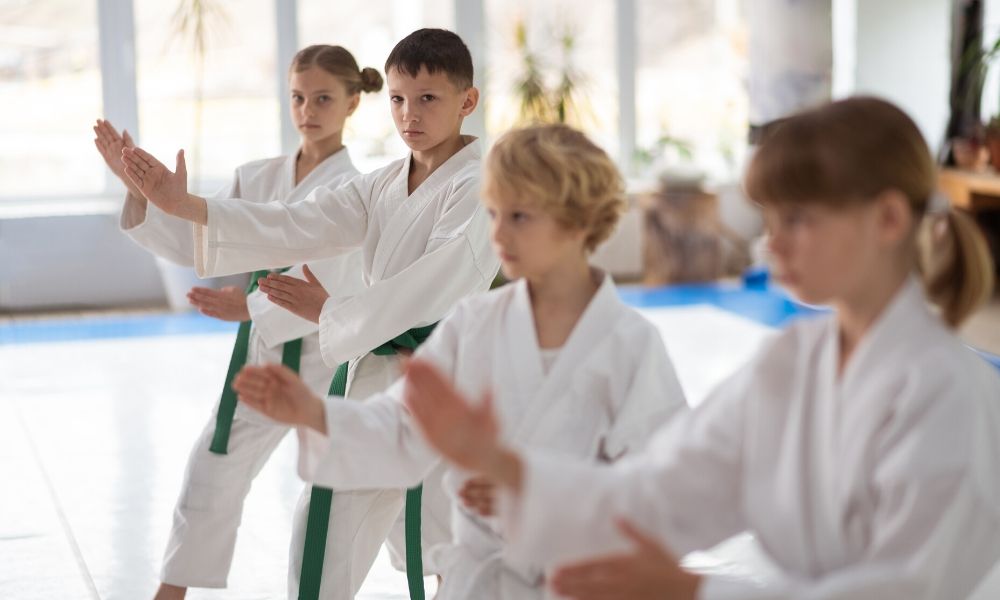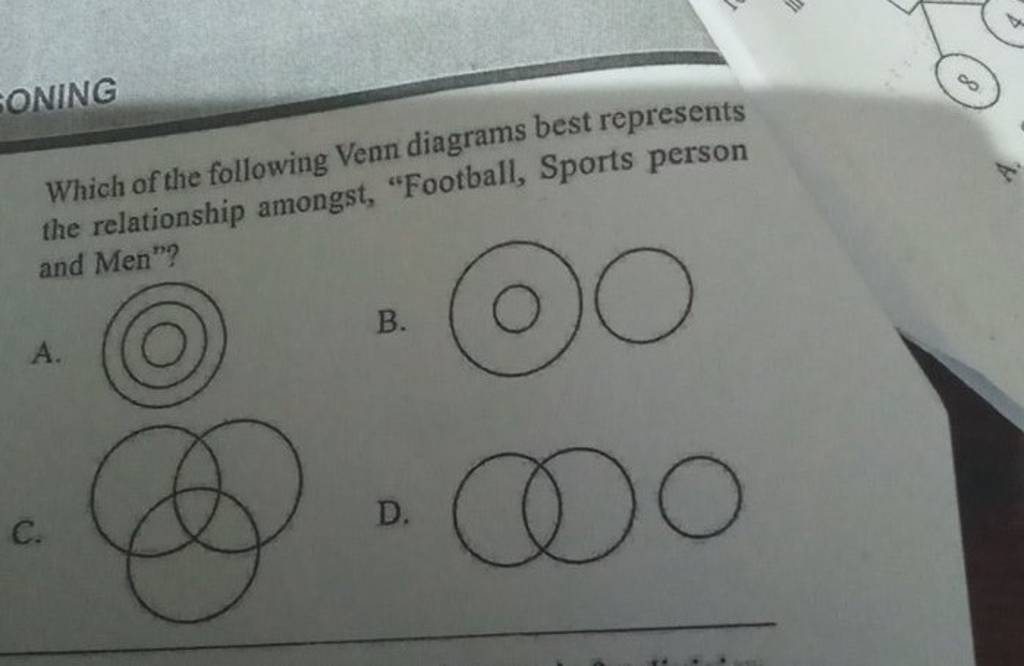Martial Arts for ADHD: Complete Guide to Benefits and Practice
Understand ADHD and physical activity benefits
Attention deficit hyperactivity disorder affect millions of individuals worldwide, present challenges with focus, impulse control, and hyperactivity. While traditional treatments frequently include medication and behavioral therapy, martial arts has emerged as a powerful complementary approach that address ADHD symptoms through structured physical activity, mental discipline, and skill development.
Research systematically demonstrate that regular physical exercise importantly improve ADHD symptoms by increase dopamine and norepinephrine levels in the brain. These neurotransmitters play crucial roles in attention and executive function. Martial arts take this concept air by combine physical movement with mental focus, create an ideal environment for symptom management.
How martial arts specifically benefit ADHD
Enhanced focus and concentration
Martial arts training require sustain attention to instruction, technique execution, and environmental awareness. Students must concentrate on their instructor’s demonstrations, remember complex movement sequences, and maintain awareness of their surroundings. This constant demand for focus attention serves as practical training for theADHDd brain.
The structured nature of martial arts classes provide clear expectations and immediate feedback. Students learn to direct their attention purposefully kinda than allow it to scatter haphazardly. Over time, this focus practice translate into improve concentration abilities in other areas of life, include academic and professional settings.
Improved impulse control
One of the almost significant challenges for individuals with ADHD is manage impulsive behaviors. Martial arts emphasize self-control, discipline, and thoughtful response preferably than reactive behavior. Students learn to pause, assess situations, and choose appropriate responses preferably than act on immediate impulses.
The control environment of martial arts training provide safe opportunities to practice impulse management. Students must wait for instructions, follow specific sequences, and control their movements with precision. These skills direct transfer to everyday situations where impulse control is essential.
Structured physical outlet
Hyperactivity is a common ADHD symptom that can be channeled profitably through martial arts training. Instead than view excess energy as problematic, martial arts provide a structured outlet that transform hyperactivity into focus physical activity. This redirection help students feel more balanced and calm throughout their day.
The physical demands of martial arts training course tire the body in healthy ways, frequently lead to improved sleep patterns and reduced restlessness. Many parents and individuals report noticeable improvements in overall energy management after begin martial arts practice.
Specific martial arts styles for ADHD
Karate
Traditional karate emphasize form, discipline, and respect. The structured progression through belt ranks provide clear goals and measurable achievements. Karate’s emphasis on data (forms )require memorization and precise execution, forthwith challenging areas where individuals with adADHDrequently struggle while build confidence through mastery.
The traditional aspects of karate, include bow, follow dojo etiquette, and show respect to instructors and fellow students, help develop social skills and appropriate behavioral responses. These elements create a supportive environment where individuals with ADHD can practice self-regulation skills.
Taekwondo
Taekwondo’s emphasis on kick techniques and dynamic movements appeals to many individuals with ADHD who benefit from high energy physical activity. The sport’s Olympic recognition and competitive opportunities provide additional motivation and goal set opportunities.
The break techniques common in taekwondo offer immediate, tangible feedback for effort and focus. Successfully break boards require concentration, proper technique, and commitment – skills that now benefit ADHD symptom management.
Brazilian jiu-jitsu
Brazilian jiu-jitsu offer unique benefits through its problem solve approach to combat. Students must think strategically while manage physical challenges, engage both mind and body simultaneously. This dual engagement help individuals with ADHD develop better integration between thinking and do.
The ground base nature of Brazilian jiu-jitsu provide constant physical feedback through touch and pressure, which can be especially beneficial for individuals with sensory processing differences frequently associate with ADHD.
Aikido
Aikido’s philosophy of redirect energy quite than meet force with force can be peculiarly appeal to individuals who struggle with aggression or frustration management. The art’s emphasis on harmony and peaceful resolution of conflict provide valuable life skills beyond physical techniques.
The flow, circular movements of aikido require continuous attention and adjustment, provide excellent focus training while being less intimidating than more aggressive martial arts styles.
Scientific evidence and research
Multiple studies have examined the relationship between martial arts training andADHDd symptom improvement. Research publish in peer review journals demonstrate significant improvements in attention, behavior, and academic performance among children and adults withADHDd who participate in regular martial arts training.
One notable study find that children with ADHD show marked improvements in attention and reduced hyperactivity after participate in a structured martial arts program for several months. Teachers report better classroom behavior, and parents observe improve home behavior and task completion.
Neuroimaging studies suggest that martial arts training may really promote positive changes in brain structure and function, specially in areas responsible for executive function and attention regulation. These findings support the long term benefits of martial arts practice foADHDhd management.

Source: premiermartialarts.com
Practical considerations for get start
Choose the right school
Select an appropriate martial arts school is crucial for success. Look for instructors who understand ADHD and demonstrate patience with diverse learning styles. The best schools maintain structured environments while remain flexible sufficiency to accommodate individual needs.
Visit potential schools and observe classes to assess the teaching style and classroom management. Schools that emphasize respect, discipline, and positive reinforcement typically work advantageously for individuals with ADHD. Avoid schools that rely intemperately on punishment or negative reinforcement.
Communication with instructors
Open communication with instructors about ADHD can lead to better outcomes. Many instructors appreciate understand their students’ unique needs and can make appropriate adjustments to teaching methods or expectations. Nonetheless, avoid make ADHD an excuse for poor behavior or lack of effort.
Discuss specific challenges and strengths with instructors. For example, if an individual struggle with auditory processing, visual demonstrations might be more effective. If hyperactivity is a concern, extra physical warm up activities might help.
Set realistic expectations
Progress in martial arts, like to manaADHDdhd symptoms, require patience and consistency. Set realistic short term and long term goals that focus on effort and improvement sooner than comparison to others. Celebrate small victories and progress milestones to maintain motivation.
Understand that some days will be more challenging than others. ADHD symptoms can fluctuate base on various factors include sleep, stress, and medication timing. Consistent practice over time yield the best results.
Integration with other ADHD treatments
Martial arts work comfortably as part of a comprehensive ADHD management approach. It should complement, not replace, other evidence base treatments such as medication, behavioral therapy, or educational accommodations. Many individuals find that martial arts enhance the effectiveness of other treatments.
Coordinate with healthcare providers to ensure martial arts training aligns with overall treatment goals. Some medications may affect energy levels or coordination, which could impact training schedules or intensity levels.
Family involvement
Family support importantly impact success in martial arts training. Parents and family members can reinforce lessons learn in class by recognize improvements in focus, self-control, and confidence at home. Some schools offer family classes that allow share experiences and mutual support.

Source: martialartspalmharbor.com
Consider how martial arts training fits into family schedules and commitments. Consistency is key, hence choose a schedule that can be maintained long term sooner than an intensive schedule that become unsustainable.
Long term benefits and life skills
The benefits of martial arts training for ADHD extend far beyond symptom management. Students develop confidence, leadership skills, and a sense of accomplishment that positively impact all areas of life. The goal orient nature of belt progression provide ongoing motivation and tangible measures of progress.
Many individuals with ADHD report that martial arts training help them develop a more positive self-image and greater self awareness. Understand their capabilities and limitations in a supportive environment build resilience and cope skills valuable throughout life.
Social benefits
Martial arts classes provide structured social interaction opportunities where individuals with ADHD can practice appropriate social behaviors in a supportive environment. The share challenges and achievements create natural bonding opportunities with peers who share similar interests.
The respect and courtesy emphasize in martial arts training help develop social skills that transfer to school, work, and community settings. Learn to work with partners, follow group instructions, and support fellow students build valuable interpersonal abilities.
Overcome common challenges
Initial adjustment period
Start martial arts training can be overwhelming for individuals with ADHD. The new environment, unfamiliar terminology, and physical demands may initially increase anxiety or frustration. Most students need several weeks to adjust to the routine and expectations.
Patience during this adjustment period is crucial. Focus on attendance and effort quite than perfect technique execution. Many skills that seem impossible initially become natural with consistent practice and repetition.
Manage frustration
Individuals with ADHD may experience frustration when techniques don’t come easy or when compare their progress to others. Martial arts instructors typically emphasize personal improvement over competition, but students may nevertheless struggle with self-criticism.
Develop strategies for manage frustration, such as take breaks when need, focus on specific aspects of improvement, and celebrate small successes. Remember that everyone progress at their own pace, and consistency matter more than speed of advancement.
Conclusion
Martial arts offer significant benefits for individuals with ADHD through its unique combination of physical activity, mental discipline, and skill development. The structured environment, focus requirements, and emphasis on self-control direct address common ADHD challenges while build confidence and life skills.
Success in martial arts training require commitment, patience, and appropriate support from instructors, family, and healthcare providers. When integrate into a comprehensive ADHD management approach, martial arts can provide last benefits that extend far beyond the dojo, improve focus, self-regulation, and overall quality of life for individuals with ADHD.
MORE FROM eboxgo.com
